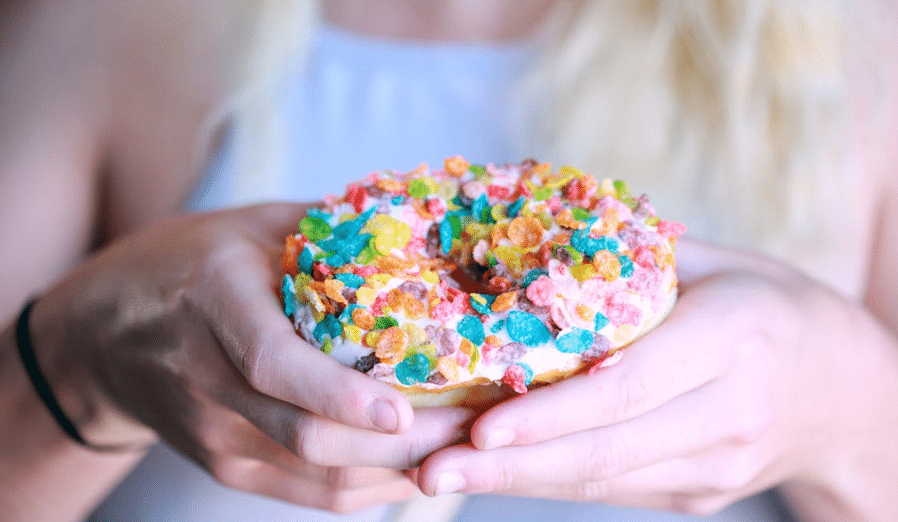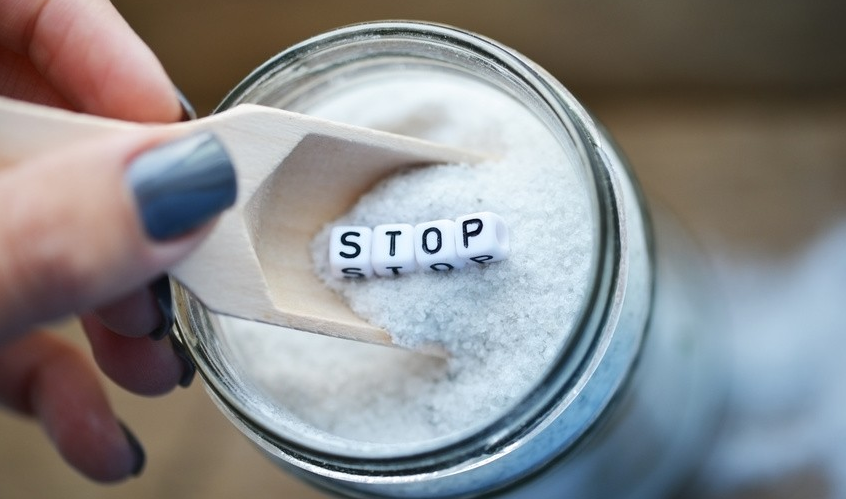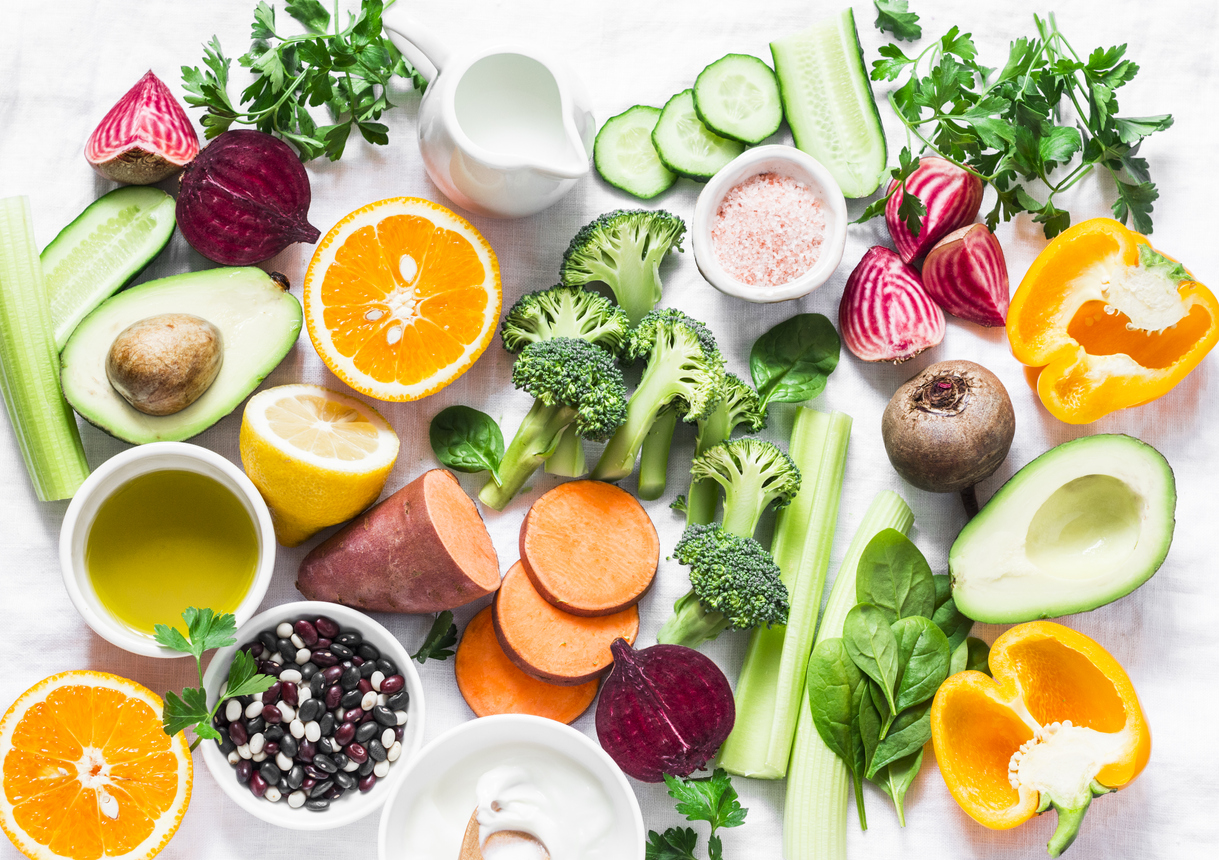We already know that our diet has a direct effect on our health. However, it is sometimes hard to imagine that it can also greatly affect our morale and our state of mind. So, certain foods help us to be more zen or allow us to feel happier. And unfortunately, the opposite effect also exists… Unexpected foods can, for example, put us in a bad mood. However, the most important thing is to know that food can do us a disservice in our worst moments of anxiety and depression, especially if we consume them in excess. And the worst part is that many of these everyday products are typically consumed for comfort (we sometimes speak of “comfort food”). Here are the different types of foods to avoid in cases of stress and depression.
What foods should you be wary of when feeling depressed and stressed?
1) Alcohol

Did you think that having a little drink was a good idea to de-stress, relax and feel better when things get tough? You are completely wrong!
In fact, alcohol has the effect ofincrease the production of hormones responsible for stress. Furthermore, it can disrupt sleep when consumed at the end of the day. And who says “sleep disorders” also says “mood disorders” and “poor health”. However, chronic stress is already a factor of fatigue, less restorative sleep disrupted by poor nutrition is felt even more acutely in our worst moments. Alcohol is also very sweetwhich is not good for you either as you will see below. In the end, we only doincrease your discomfortespecially since alcohol can quickly become an addiction. So, don’t get into the habit of consuming it regularly if you’re not feeling good… Of all foods and drinks, alcoholic drinks are among the
2) Foods rich in added sugars: comforting and yet to be limited in case of stress or depression

Is there anything like a pastry, an innocent little sweet yogurt, a soda or candy to cheer you up? Not sure…
During periods of stress, the stress hormone (cortisol) is already present in high levels in the body. However, we must not forget that it also has an essential role in blood glucose balance. In fact, when we consume very sweet foods, the sugar level increases even more and this puts even more demand on cortisol. These two factors result in sleep disturbances, mood swings and irritability, migraines, a weakened immune system, hormonal imbalances and fatigue. In addition, too rapid fluctuations in blood sugar are very painful for the body. In response, the body generates symptoms resembling anxiety or fear.
3) Refined carbohydrates

They are attributed with all the worst traits such as promoting diabetes, hypertension and cardiovascular disease and making us gain weight. However, there are good and bad carbohydrates. Carbohydrates processed in white flour and white sugar (bread and pastries, sandwich bread, pasta, etc.) or fruit juices and sodas, for example, are not no nutritional value. And what’s more, they have a high glycemic index. The fluctuating insulin level will then have the effect of fueling your irritability. Therefore prefer semi-complete cereals to whole grains. In fact, they provide fibers that make it possible to slow down the absorption of carbohydrates and therefore combat glycemic peaks.
4) Be careful of excess salt in foods in cases of stress or depression

Like coffee and alcohol, salt is an element that dehydrates the body and will force the heart to work harder to circulate the blood. That increases blood pressurecausing discomfort and also stress by association. Consumed in excess, foods rich in salt such as processed meals cause inflammation, cause poorer absorption of potassium participating in the proper functioning of the nervous system and disrupt our neurological system.
5) Coffee

It’s difficult to understand why coffee is on this list of foods to avoid in cases of stress or depression as this hot drink does you good every day. However, coffee induces stimulation of the nervous system, disorders of the adrenal glands and an increase in heart rate. Also, in times of stress, this means that we are even more nervous and mounted on springs and therefore even more anxious. It is therefore better to avoid carbonated drinks, teas, chocolate and energy drinks that contain them.
6) Artificial sweeteners

In cases of stress or depression, it may seem difficult to limit foods rich in sweeteners. In fact, we find them in many commercial products and we don’t always know how to identify them. For example, aspartame is found in more than 6,000 foods and beverages and hundreds of medications. However, it is important to try to reduce your intake, as these sugar substitutes can be just as harmful to the health that heif not more. It is also recognized that they are the cause of many ills (cardiovascular diseases, metabolic disorders, migraines, mood disorders, etc.) without being better for our blood sugar levels. And what’s more, they maintain our appetite for sugar!
In the end, it is better to be wary of processed foods in general
Processed foods are high in salt or sugar, artificial sweeteners, and refined carbohydrates. However, as we saw earlier, these are all elements that are harmful to mood and well-being. A large study published in the British Journal Of Psychiatry demonstrates this quite well. Researchers had shown that people who followed a diet rich in processed foods had 58% more likely to suffer from depression than the control group. Within the group that consumed less, the risks were 26% compared to the control group! So this shows a significant difference. To calm down and fight against stress, it is better to favor unprocessed foodsespecially if they are rich in tryptophan, omega-3 fatty acids and magnesium.
What foods are beneficial in cases of depression and stress?

In cases of depression and stress, it is important to favor a varied and balanced diet. It will thus be rich in nutrients beneficial for the heart and mind which can help to regulate mood and reduce stress. Here are some foods to put on the menu for optimized well-being:
Foods rich in omega-3
Oily fish like salmon, mackerel and sardines are rich in omega-3 fatty acids, which are beneficial for the brain and can help reduce inflammation, which can have a positive impact on mood. Also think about flaxseeds or walnuts, as well as the vegetable oils obtained from them, which are very rich in essential fatty acids.
Organic fruits and vegetables
Fresh fruits and vegetables are rich in vitamins, minerals and antioxidants who can help reduce stress and improve mood. Foods rich in vitamin C, such as oranges, strawberries and peppers, may be particularly beneficial.
Foods rich in antioxidants
More generally, antioxidants can help reduce inflammation and protect the brain from oxidative stress. Foods rich in antioxidants include berries, dried fruits, legumes, and colorful vegetables.
Foods rich in magnesium
Magnesium is a mineral that can help reduce stress and anxiety. Foods rich in magnesium include leafy green vegetables (like spinach and kale), pumpkin seeds, almonds, and avocados.
Foods rich in tryptophan
Tryptophan is an amino acid serotonin precursora neurotransmitter that plays a role in regulating mood. Foods high in tryptophan include turkey, chicken, eggs, nuts and seeds.
Foods rich in probiotics
There are growing evidence that gut health can influence mood. Based on this principle, foods rich in probiotics, such as yogurt, kefir and sauerkraut, can promote good gut health and therefore potentially improve mood.


